Sudan
In a significant step toward reestablishing control, two of Sudan’s top officials visited the capital on Saturday to evaluate security and infrastructure repairs, signaling the government's intent to end its 16-month exile in Port Sudan and return to Khartoum by October.
Malik Agar, the Deputy Chairman of the Sovereign Council, and Lieutenant General Shams al-Din Kabbashi, the Deputy Commander of the Army, arrived in the city to personally supervise the restoration of essential services and engage with civilian and military leadership.
Their visit, as confirmed in official statements, marks the highest-level assessment of conditions in the war-torn capital as the government intensifies its plans for a return.
The Sudanese government has been operating from the Red Sea city of Port Sudan since the brutal conflict between the national army and the paramilitary Rapid Support Forces erupted on April 15, 2023, devastating Khartoum and displacing millions.
Focus on restoring essential services and civilian return
A key part of the evaluation involved the state of public infrastructure.
Agar held discussions with Ahmed Osman Hamza, the governor of Khartoum state, who has been operating from the army-held locality of Karari.
The governor reported substantial progress, stating that all water stations are now functional and that main roads have been cleared of the debris left by months of fighting.
Their talks focused on preparations for the return of displaced civilians, which includes major initiatives to ensure the availability of water, electricity, and, crucially, security.
Agar emphasized that material repair must be matched by societal healing, stating, "A substantial amount of work is required to convert the consequences of the war into constructive actions and to address the impacts of the conflict through societal reconciliation."
He also pointed out the critical need to address the widespread proliferation of weapons among the populace.
Military and security assessment
In a parallel meeting, Deputy Army Commander Kabbashi convened with the army’s new general staff to assess the military and security situation on the ground.
This separate briefing underscores that a stable security environment is considered the fundamental prerequisite for any government return.
While the army maintains control in areas like Karari, much of the capital has seen fierce fighting, and the overall security landscape remains complex and volatile.
A long road to recovery
The visit by the high-ranking officials represents the most concrete move yet to translate recent military gains into a restored civilian administration in the capital.
However, the statements also acknowledge the immense challenges that remain.
Rebuilding shattered infrastructure, ensuring a lasting ceasefire, and fostering reconciliation in a deeply divided city are monumental tasks.
The government’s goal of returning by October sets an ambitious timeline for overcoming these hurdles and marks a potential turning point in the prolonged conflict.




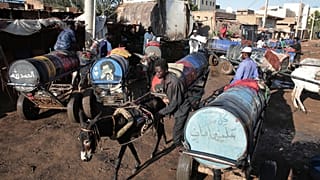
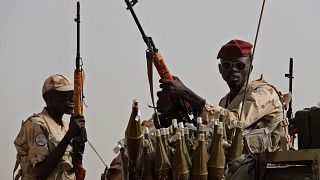
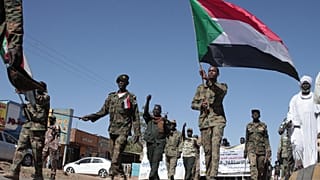
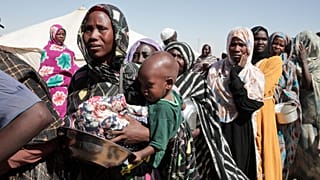


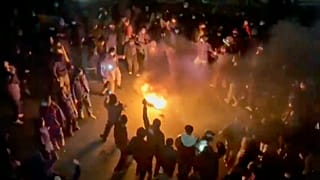
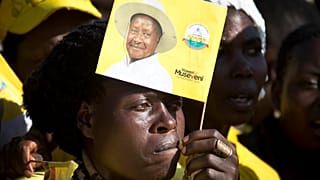
Go to video
Sudan train before facing Senegal in Africa Cup of Nations
02:01
UN Chief urges world leaders to choose peace over war in new year message
01:01
Sudan's transitional leader al-Burhan holds talks with Saudi Crown Prince in Riyadh
02:19
Researchers find evidence of youngest-ever children tattooed
00:49
Eritrea announces departure from IGAD regional bloc
01:14
UK sanctions four senior RSF commanders over atrocities in Sudan